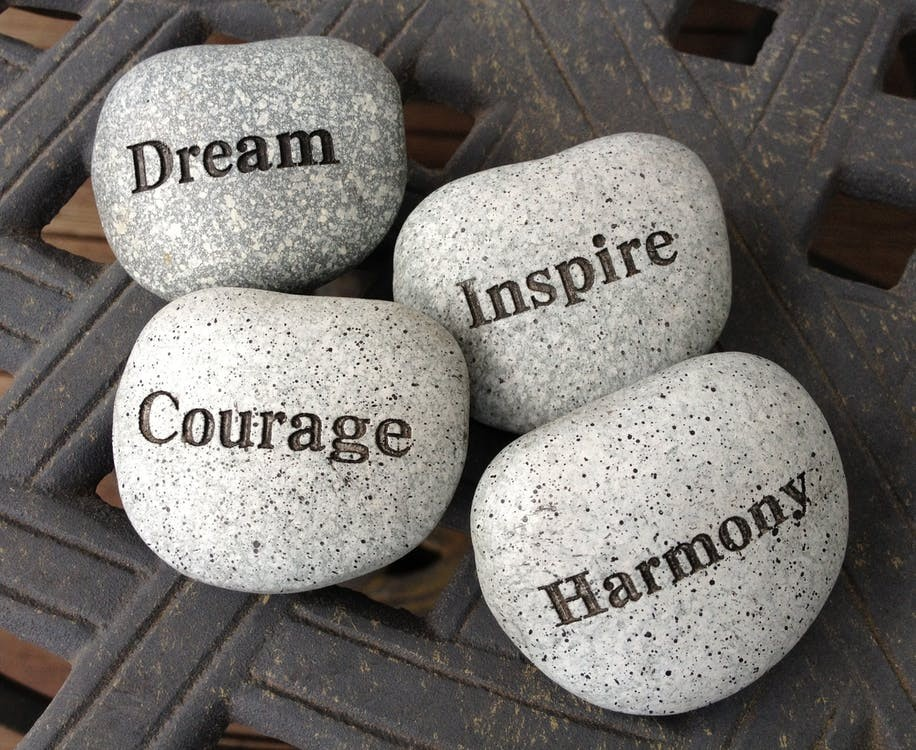I’ve just watched ‘Words on the bathroom wall’, a film about a young man living with schizophrenia, and it consolidated a penny drop moment, an alignment, a clarity I recently felt and rarely experience.
For years I’ve struggled to find somewhere I can be the true version of myself.
I pride myself on being self-aware, so this following realisation is extremely raw emotionally. Emotional, because that is how I process events.
I’ve realised I live in a world which isn’t designed for me. I already hear in your mind that this seems egocentric, however there is more to it, and I intend to explain.
Every day I make a choice to step up to the challenge of engaging with a world which writes with different pens, in different fonts, paints with different colours on different canvases, interacts using indirect messages with direct implication, hiding behind tone of voice, a world which perceives differently to me. I hope this weight of treading on eggshells, and constant consequence consideration can be metaphorically billed back to the people causing me to overthink rather than letting them cloud my thoughts and live in my head ‘rent-free’. It’s ironic I coined my writing name Real Rubens as the reality is it reflects the process of turning my unfiltered, uncontrolled, untamed thoughts into a real, understandable, relatable and digestible format of written words. The world and I challenge each other.
The world prompts me to take medication so I fit in or get counselling so others can understand me better. How can I consciously, consensually, contently mask the genuine, true, authentic version of myself (just because my brain hasn’t evolved like other people’s)? Because my thoughts are wired differently? I can’t accept that. I don’t accept that. Who we are matters. Who we are is special. I am happy not fitting in if it means I can be myself more. I will just go fit in somewhere else. Unfiltered self-expression is the best. My ‘way’ serves a purpose, is value adding, can be a company’s capitalisation of a unique selling point.
A toast to those who these words resonate with. A toast to those trying to understand these words. And a thank you for reading this reflection.
Be well. Stay you, stay fruity. Don’t change for anyone. Be you. Be proud. Be fruity. Give yourself permission to let yourself loose.














